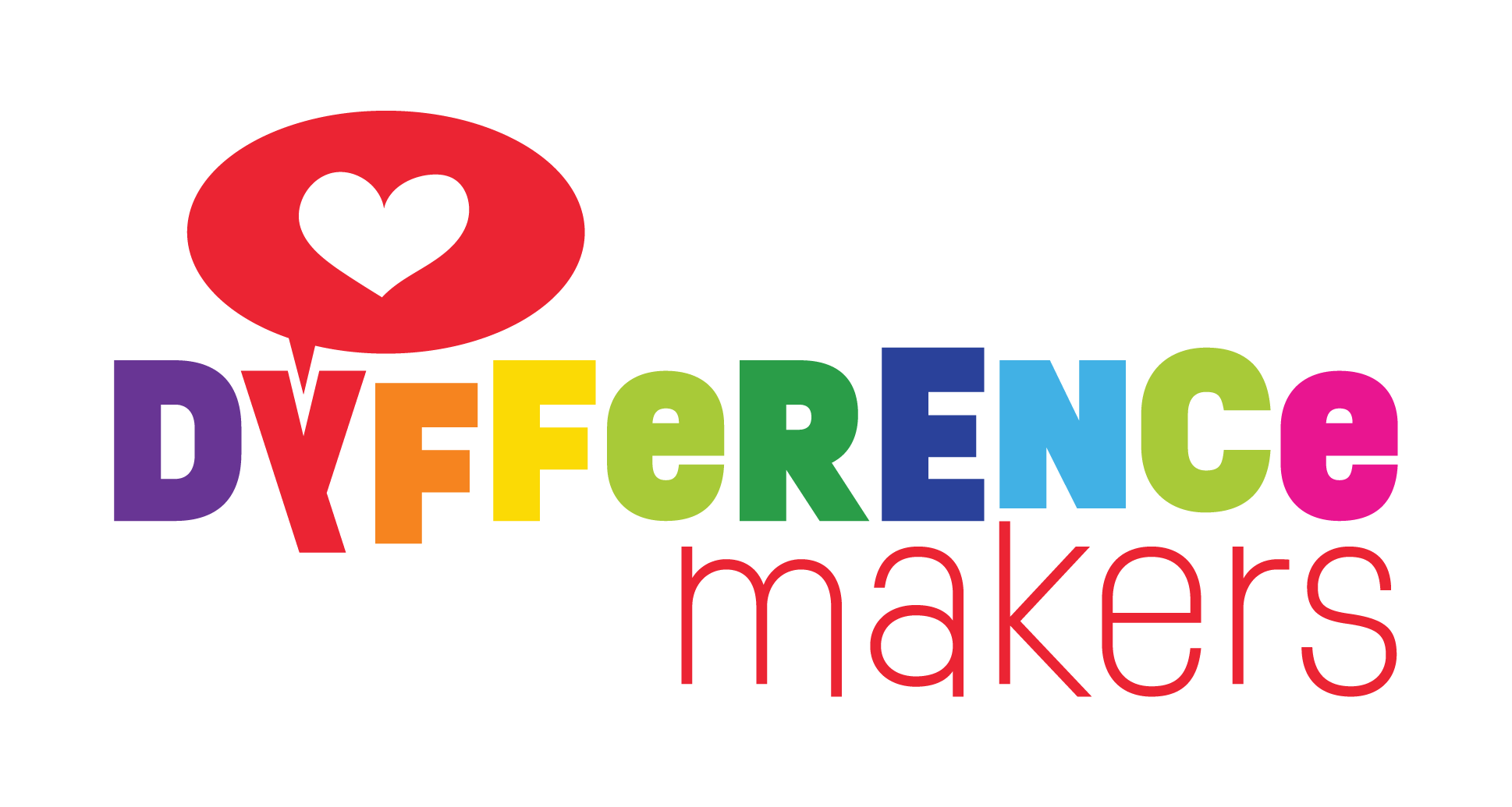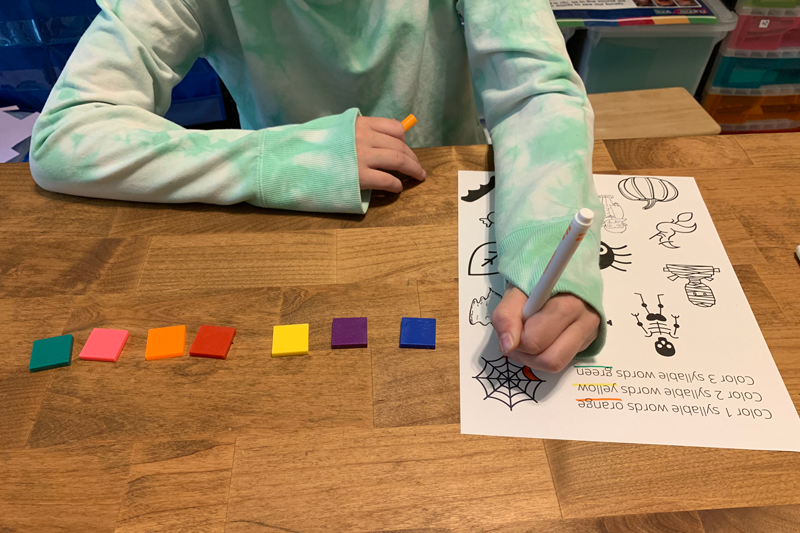It’s time to tell our story. Our son Stapleton’s story.
Part 2: A Turning Point in Resources and Equipping
So I turned to Facebook, begging for advice. I asked others who have overcome their struggles with dyslexia to write and encourage my son.
I desperately wanted to give him hope-to let him know this misery wouldn’t last forever.
I got tons of letters in the mail. My mom said she didn’t even know most of the people who wrote to me. In one of the letters, a lady encouraged me and gave me a strategy to try that I use now almost every day.
Around the same time, someone recommended the Decoding Dyslexia OK Facebook page. It was by far the best resource I had found. I spent countless hours reading the page and comments. They steered me in the right direction: away from those who, unfortunately, prey on desperate families in the name of “help.”
Once again, I found myself completely baffled.
I have a teaching degree, and I remember learning next to nothing about dyslexia in college, even in my Special Education class. So I dove into everything dyslexia. Early into my research, I saw Orton-Gillingham (OG) and the Science of Reading mentioned in most of the dyslexia interventions. I also found that the Institute of Multi-Sensory Education (IMSE), which is Orton-Gillingham based, was coming to Tulsa and offering a training. Even though it was very expensive, I registered. I took the training and learned so much! The Orton-Gillingham Approach is a direct, explicit, multisensory, structured, sequential and diagnostic approach to teaching Literacy and meets each student on their level.
I was blown away by how much of this made so much sense, why wasn’t everyone doing this approach? How have I not heard of this before? Apparently, it was a secret, but I needed to tell everyone.
I was determined to help my son as best I could, and I NEEDED to learn more about dyslexia and help educate others.
When we got him on a waiting list with a recommended psychologist, we found out the “normal” wait time to get a child tested for a Full Education Evaluation was 4-6 months. We felt like we were wasting time, we desperately needed his Evaluation because we needed a diagnosis to get his IEP changed, so he could get the help he needed at school. After Stapleton was evaluated by the psychologist, we learned he was in fact severely dyslexic, dysgraphic, and ADHD, not to mention anxious and depressed.
We searched for a psychiatrist on our insurance to help with ADHD medication, which ended up being another disaster as we tried out different medications. We didn’t want to put him on medication, but we felt it was our only option, he couldn’t focus on the words to read them.
Again, our hope was that if we could get him the “right” help, he’d be able to continue to go to school and get through it.
Meanwhile, our school continued to have no idea what to do with him. It was mentioned in his IEP meeting that there might be a local private school that could better accommodate him.
My heart broke.
I knew they had good intentions, but instead of modifying their teaching methods to accommodate his “specific learning disability,” the better “solution” was to recommend he transfer to a different school.
Is this real?
How is this okay?
What about all the other kids without an advocate?
How can public school districts not have the resources available to help all the kids they are entrusted and required to teach?
How can we be in one of the most affluent public school systems and be so archaic and uncaring in our teaching methodologies? We pay our property taxes too…
So I started writing letters.
I wrote to his teachers, his principal, the SPED coordinator, the curriculum coordinator and my school board representative. I shared with them about the School-to-Prison Pipeline and the percentage of students that drop out of school because they can’t read. These kids often end up in trouble because they can’t do anything and eventually end up incarcerated.
I offered to write grants to help teachers get trained in Orton-Gillingham Multisensory Education. I offered to buy curriculum and supplies–whatever they needed for not only my son, but any other students that might be struggling.
My research revealed that dyslexia affects approximately 1 in 5 individuals. I begged them to put me to work. Only a few of them replied saying the budgets didn’t allow for what I was asking for.
They clearly didn’t even read my emails.
The school board member I wrote to, wrote me back three months later. We were beyond discouraged and frustrated. I was trying to solve their problems. I literally begged them to let me help and they didn’t even care.
I just didn’t understand why my child wasn’t worthy of helping.
This wasn’t just a problem at our school, but schools everywhere.
I thought his IEP was set up for him to succeed…
A lot of times I couldn’t do my work how I was supposed to because my Chromebook wasnt charged or my teacher didn’t know how to set up talk-to-text for my writing…
Then he would say things like, “Mom, all my friends are in the gifted class, can you help me get into that too?”
What do you even say to your child?
We began seeing a counselor to try and help Stapleton work through his feelings and emotions.
Thankfully, again through a personal connection, we found a fellow fireman’s wife that was a certified Take Flight Instructor and Stapleton began getting the help he needed.
Mrs. Julie is my hero. She has helped me so much.
While that helped, the school still had no idea what to do with him nor how to provide for his learning style. I asked if he could go be a “helper” in a Kindergarten class and get their daily phonics lesson since they no longer learn how to read in 3rd grade, but they said that wasn’t an option. They were supposed to make accommodations for him, yet they didn’t follow through with his IEP. They ALWAYS blamed everything on his anxiety. It seemed like they always had an excuse for not meeting his needs. It’s like they just didn’t understand. We continually heard “keep working with him, have him read his “just right” books for fluency every night”, I kept thinking how is he supposed to read for fluency when he can’t read to begin with.
But I didn’t blame his teachers.
I went to school to become an educator and I was clueless about dyslexia as well.
Everything about this process was, and still is, a roller coaster ride. When something is hard for Stapleton he shuts down. He gets embarrassed and can not convey his feelings.
He is not being defiant.
He is paralyzed by his anxiety.
When someone calls him names (like all kids do) he takes it very personally. He has no self-confidence, it affects everything. He thinks everyone thinks he is “dumb” and that he “can’t do anything right”. He was frustrated with everything, his school life over-shadowed everything.
Stapleton also “tells stories” and makes things up. I asked the psychologist about the lying and she said that was his coping mechanism for so long, he is just accustomed to it now. That’s how he got by for so many years in school by “faking it”, he lied his way to the third grade. We are still working on telling the truth, but man, he can tell some amazing stories!
During our time at home through the pandemic, I worked with my daughter on her schoolwork. I noticed her making the same mistakes that my son did.
Pour on the mom guilt. We’d spent so much time worrying about our son, we failed to see our daughter was struggling too.
At this time, I decided to go through the Institute of Multi-Sensory Education Practicum process to become a certified Orton Gillingham tutor. My daughter was my practicum student. I saw huge gains in her reading and writing throughout the program. I was so surprised how explicitly teaching her in a specific way made such a difference.
Read Part 3: Where We Are Now …

